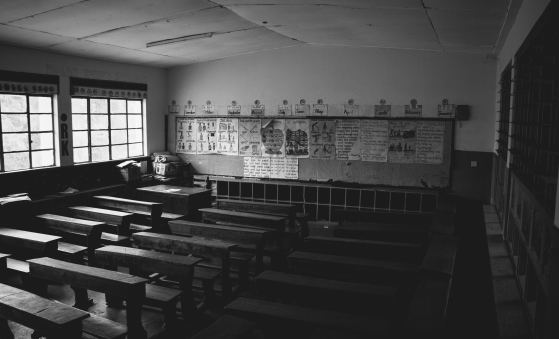
On April 29, the Supreme Court of India ruled that medical schools run by religious minorities like Christians and Muslims do not have the right to admit medical degree students of their choice.
The court said all medical schools should admit students based on their merit list obtained through the National Eligibility cum Entrance Test (NEET) in order to have a single unified admitting process.
The constitution of India allows religious minorities to establish institutions and manage them for the betterment of their communities, which also gives them the right to admit students of their choice.
The court mentioned that the constitutional right is "not violated by provisions for the uniform entrance examination to all medical educational institutions under undergraduate level and postgraduate level through such designated authority."
For Christian leaders, the court order is limiting the rights of religious institutions as they cannot admit a student for a medical degree if he or she has not cleared the NEET.
Father Paul Parathazham, director of St. John's Medical College in Bengaluru, told UCA News that medical colleges run by churches have their own eligibility examinations that are conducted in a transparent way to select students.
After the court ruling, Father Parathazham admitted that such procedures are "no more possible."
The Christian leader stressed that the selection criteria of church-run institutes was not just about academic brilliance or caliber. They also considered students' aptitude to serve in remote villages of India, where medical care is almost non-existent.
"The purpose of establishing our medical college was for serving the poor. Now, with this order, such consideration has no merit," Father Parathazham said.
For Father Ajay Singh from Odisha, the court order is "also a big blow to the poor Dalit and tribal Christians who need special consideration in admission to such professional colleges."
Father Singh, who is an activist and a lawyer, said that the students coming from poor backgrounds cannot compete with students from rich families who spend a lot of money on NEET coaching to obtain top grades.




